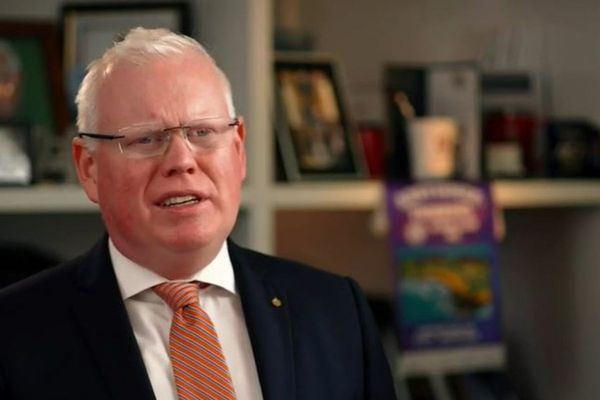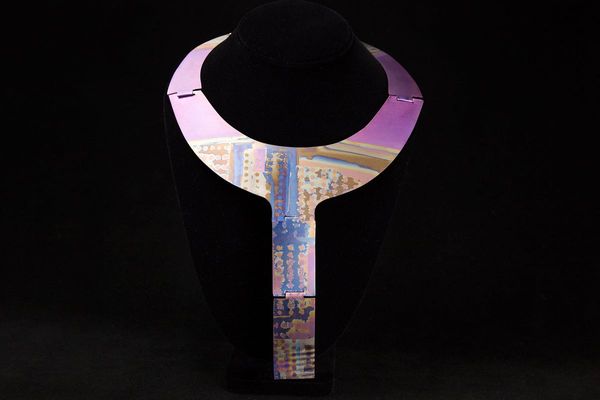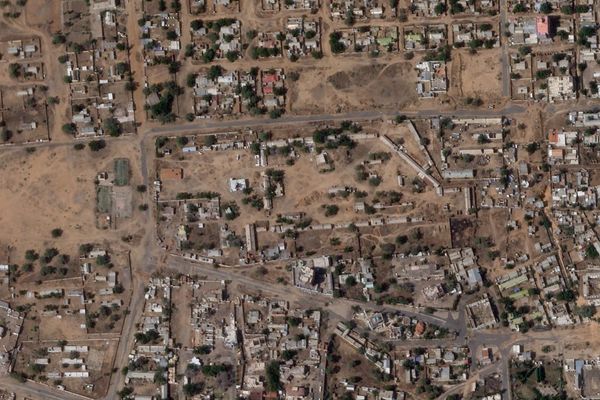
Queensland, Victoria, Western Australia, Tasmania and the Northern Territory introduced border restrictions with New South Wales late on Thursday night amid concerns the growing Covid-19 outbreak in the state could worsen in coming days.
Western Australia has imposed blanket restrictions on all travellers from NSW, while Queensland, Victoria, Northern Territory and Tasmania have classified Sydney’s northern beaches as a Covid hotspot, meaning anyone travelling from the area will be required to quarantine for 14 days on arrival.
#BREAKING: The entire Northern Beaches local government area in NSW has been declared a hotspot by Tasmania. Anyone who has been in this area, on or since Friday December 11, are not permitted to enter Tasmania #politas #covid19tas pic.twitter.com/A2JrVSUqiK
— Monte Bovill (@MonteBovill) December 17, 2020
Following an emergency meeting of federal and state chief medical officers, the WA premier, Mark McGowan, announced new restrictions for arrivals from NSW, saying he was “very concerned there will be many more community cases” in the state.
In a devastating blow for families who had hoped to be reunited before Christmas after a year of closed borders, McGowan announced that as of Friday all arrivals from NSW would be required to quarantine for two weeks.
In addition, he said anyone who had travelled into WA from NSW since 11 December would be required to be tested for Covid-19 and self-isolate until they received a negative result.
Meanwhile, in Queensland, the chief health officer, Dr Jeannette Young, announced new restrictions for anyone who had been in the northern beaches region of Sydney where 17 new cases of the virus have been recorded.
Young said the reintroduction of border restrictions meant that from midnight on Thursday anyone who had visited the northern beaches since 11 December “must get tested and quarantine in their home or accommodation for 14 days from the date they left the northern beaches”.
Anyone arriving in Queensland after 1am on Saturday would be required to enter hotel quarantine at their own expense for 14 days after the date they left the northern beaches. The restriction applies to Queenslanders returning from visiting the northern beaches.
Victoria’s health department sent an alert in the early hours of Friday morning that said “anyone who was in the northern beaches region or other NSW exposure sites on or since Friday 11 December 2020 and arrives in Victoria after midnight Thursday 17 December 2020, must get tested and quarantine in their home or accommodation for 14 days from the date they left the northern beaches”.
The Northern Territory issued a similar release late on Thursday night declaring the northern beaches council local government area a Covid hotspot. The NT government has advised people planning to travel to the territory from the hotspot to “rethink your plans”.
Anyone travelling to the NT from the northern beaches will need to undertake 14 days of mandatory, supervised quarantine in either Alice Springs or Darwin, and NT residents who travel to the area while it is a hotspot will be required to quarantine on return at a cost of $2,500 per person.
McGowan said WA was taking “extra cautious steps” based on health advice and would continue to monitor the situation in NSW.
“I understand these changes will cause frustration and uncertainty for some people, and be very upsetting for many families looking to reunite and spend Christmas together,” he said.
“This has been a difficult decision to make, but we need to follow the health advice and do what is in the best interest of all Western Australians.”
The announcements late on Thursday night marked the culmination of a rapidly evolving outbreak in NSW. Only a few hours earlier Young had announced anyone who had been in NSW’s northern beaches region since 11 December would not be permitted in aged care centres, hospitals or correctional facilities across the state.
Young said Queensland was “closely monitoring” the outbreak in NSW, and warned anyone planning to visit the state to consider the possibility that the northern beaches could be declared a hotspot.
“Anyone who has travel plans to visit greater Sydney, in particular the northern beaches region, should consider the risk of those areas becoming a hotspot,” she said.
Speaking to reporters in northern NSW on Thursday, the prime minister, Scott Morrison, had urged state premiers not to rush to close state borders as NSW authorities attempted to trace and contain detected coronavirus cases.
“I think Australians are going to work hard to keep it that way, and I think premiers and chief ministers are very keen to [keep the country open] as well,” Morrison said.
Earlier on Thursday, the acting Queensland premier, Steven Miles, said his state would consider whether to declare affected parts of Sydney a “hotspot” and bar entry to people who had travelled to those areas.
“We hope they will get on top of this very quickly, but this is early days, this is new information and over the next 24 hours we will be monitoring it very, very closely.”
McGowan had earlier admitted the reintroduction of a hard border with NSW was “a prospect”. “We won’t hesitate to do that if the medical advice says that is what is required,” McGowan said.
In South Australia, the police commissioner, Grant Stevens, had said he anticipated NSW authorities would be able to quickly identify the source of the coronavirus outbreak.
“If that’s not the case and we see a continuing spread of Covid-19 in the NSW community then we will reassess our border arrangements,” he said.







